Trump believes iPhones can be made in the US, says White House
With time continuing to tick down until President Trump’s higher tariffs take effect after midnight, White House press secretary Karoline Leavitt doubled down on the idea that products like iPhones could realistically shift to US manufacturing, claiming that “if Apple didn’t think the United States could do it they probably wouldn’t have put up that […]


With time continuing to tick down until President Trump’s higher tariffs take effect after midnight, White House press secretary Karoline Leavitt doubled down on the idea that products like iPhones could realistically shift to US manufacturing, claiming that “if Apple didn’t think the United States could do it they probably wouldn’t have put up that big chunk of change,” citing its recently announced $500 billion US investment plan.
The only problem is that, other than at least one analyst’s explanation of the investment as “in line with what one might expect the company to be spending anyway,” Steve Jobs and Tim Cook have already explained the reasons that they don’t think it’s possible.
Asked by New York Times reporter Maggie Haberman about US Commerce Secretary Howard Lutnick’s comments over the weekend that the tariffs would lead to things like “the army of millions and millions of human beings screwing in little screws to make iPhones” coming to the US, Leavitt said of Trump that “absolutely he we have the labor we have the workforce we have the resources to do it.”
Walter Isaacson’s biography, Steve Jobs, clearly describes meetings between Jobs and then-president Barack Obama in 2010 and 2011, where Jobs explained that the problem is that America lacks the 30,000 properly trained engineers needed to support a factory workforce rivaling the 700,000 workers employed in China:
Apple had 700,000 factory workers employed in China, he said, and that was because it needed 30,000 engineers on-site to support those workers. ‘You can’t find that many in America to hire,’ he said.
Tim Cook has been just as blunt, describing the issue in 2017 at Fortune Magazine’s Global Forum event.
…the truth is China stopped being the low labor costscountry many years ago and that is not the reason to come to China from a supply point of view. The reason is because of the skill and the, the quantity of skill in one location, and the type of skill. It is like the products we do require really advanced tooling and the precision that you have to have in tooling and working with the materials that we do are state-of-the-art, and the tooling skill is very deep here. You know in, in the US, you could have a meeting of tooling engineers, and I’m not sure we could fill the room — in China you could fill multiple football fields.





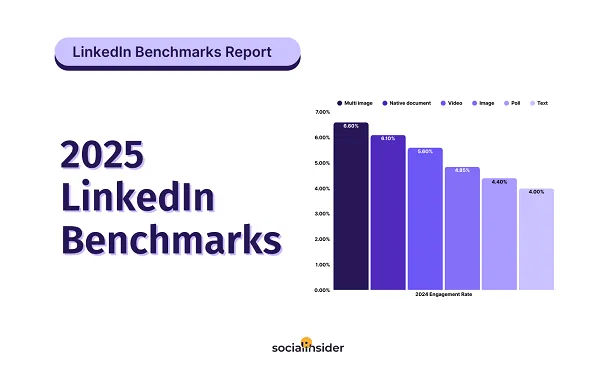
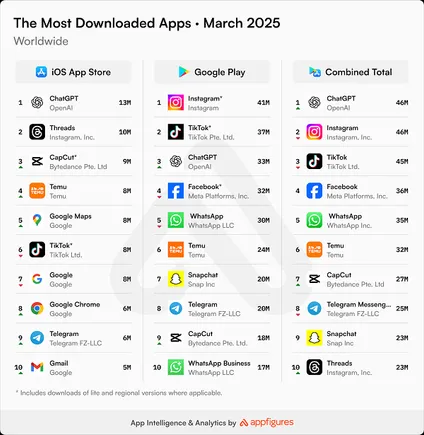


































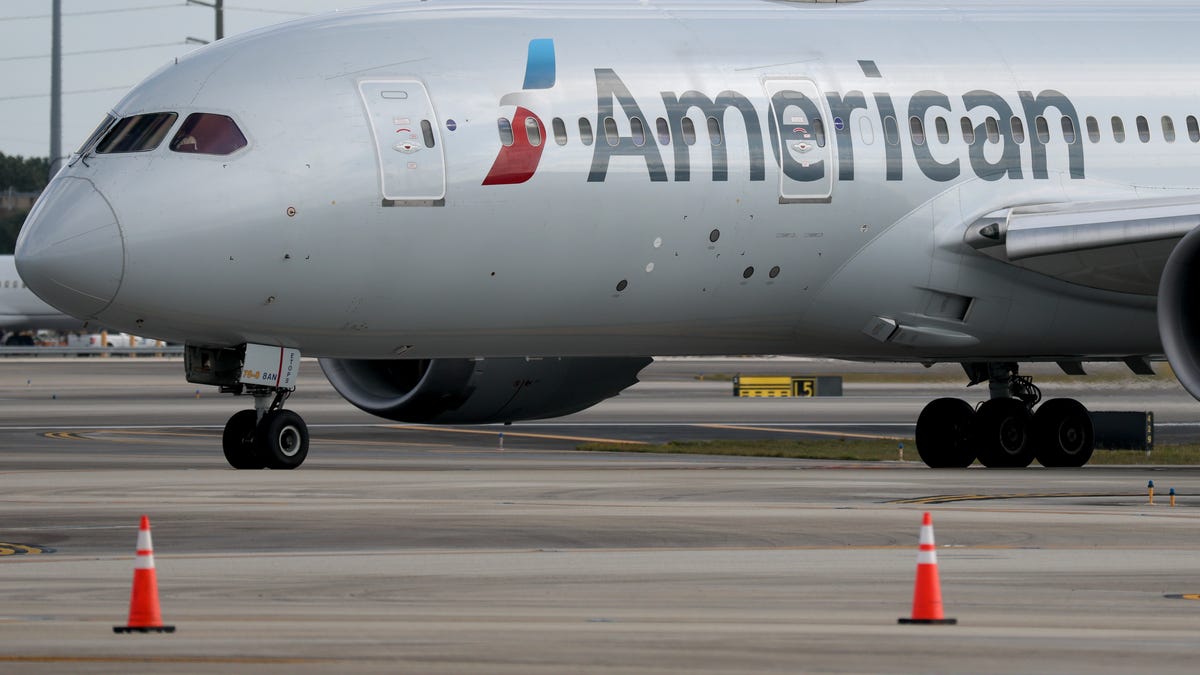












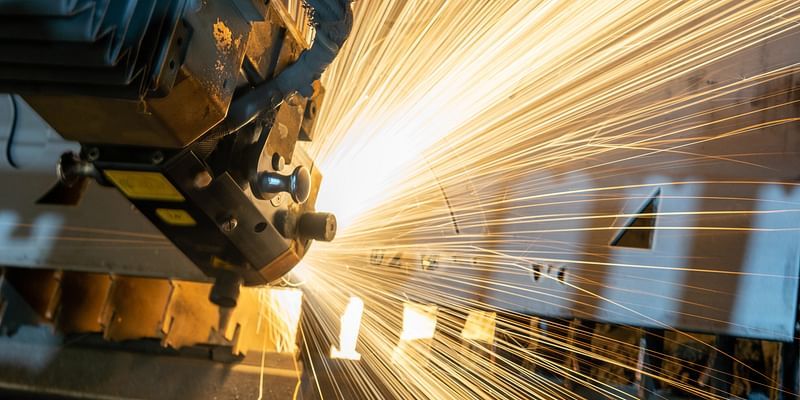


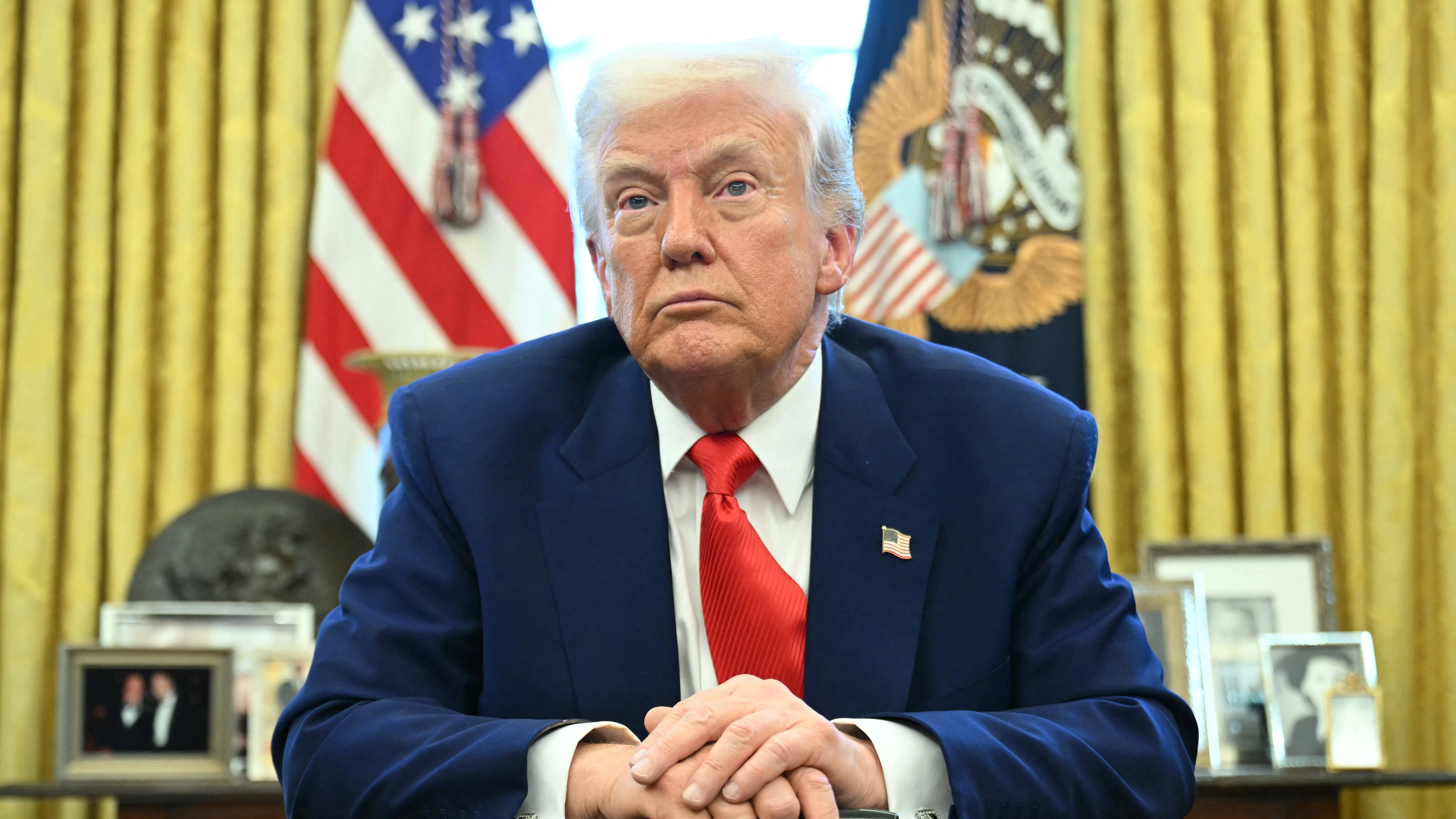

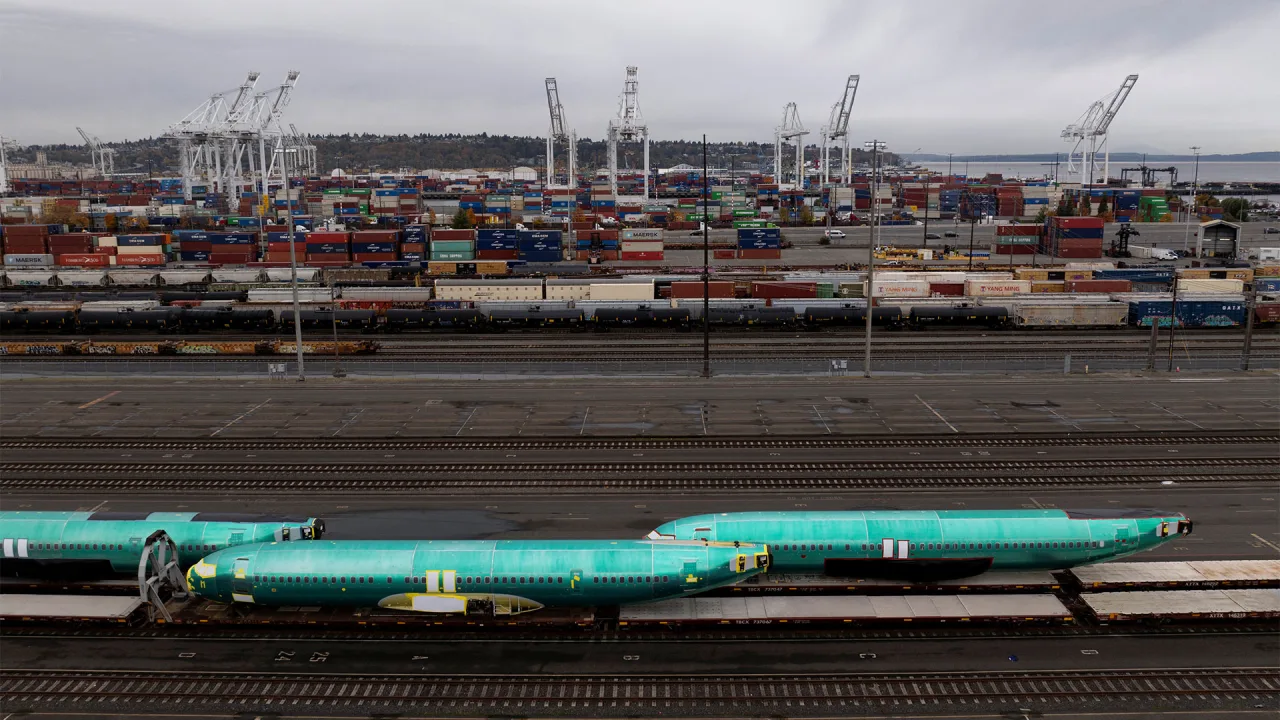


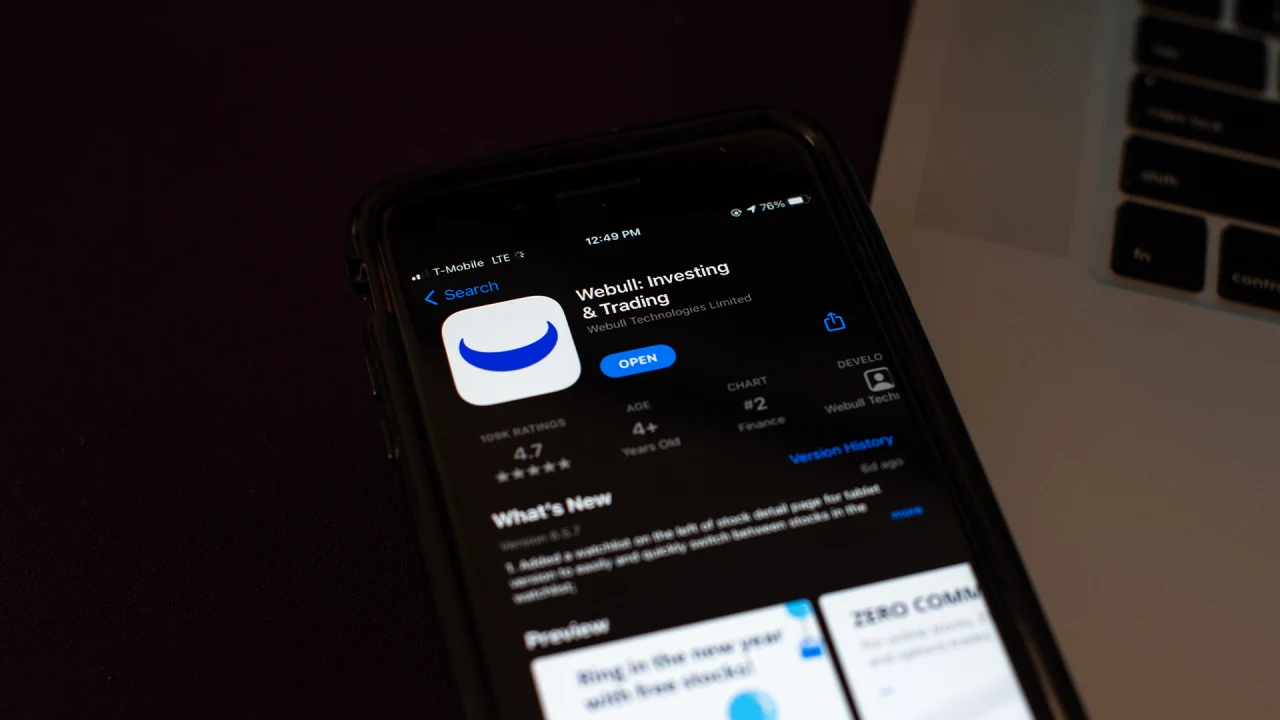































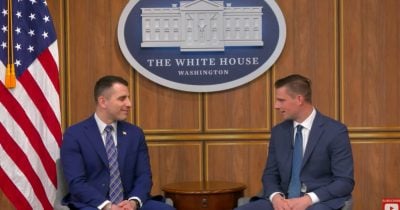

























































































![How to Find Low-Competition Keywords with Semrush [Super Easy]](https://static.semrush.com/blog/uploads/media/73/62/7362f16fb9e460b6d58ccc09b4a048b6/how-to-find-low-competition-keywords-sm.png)



